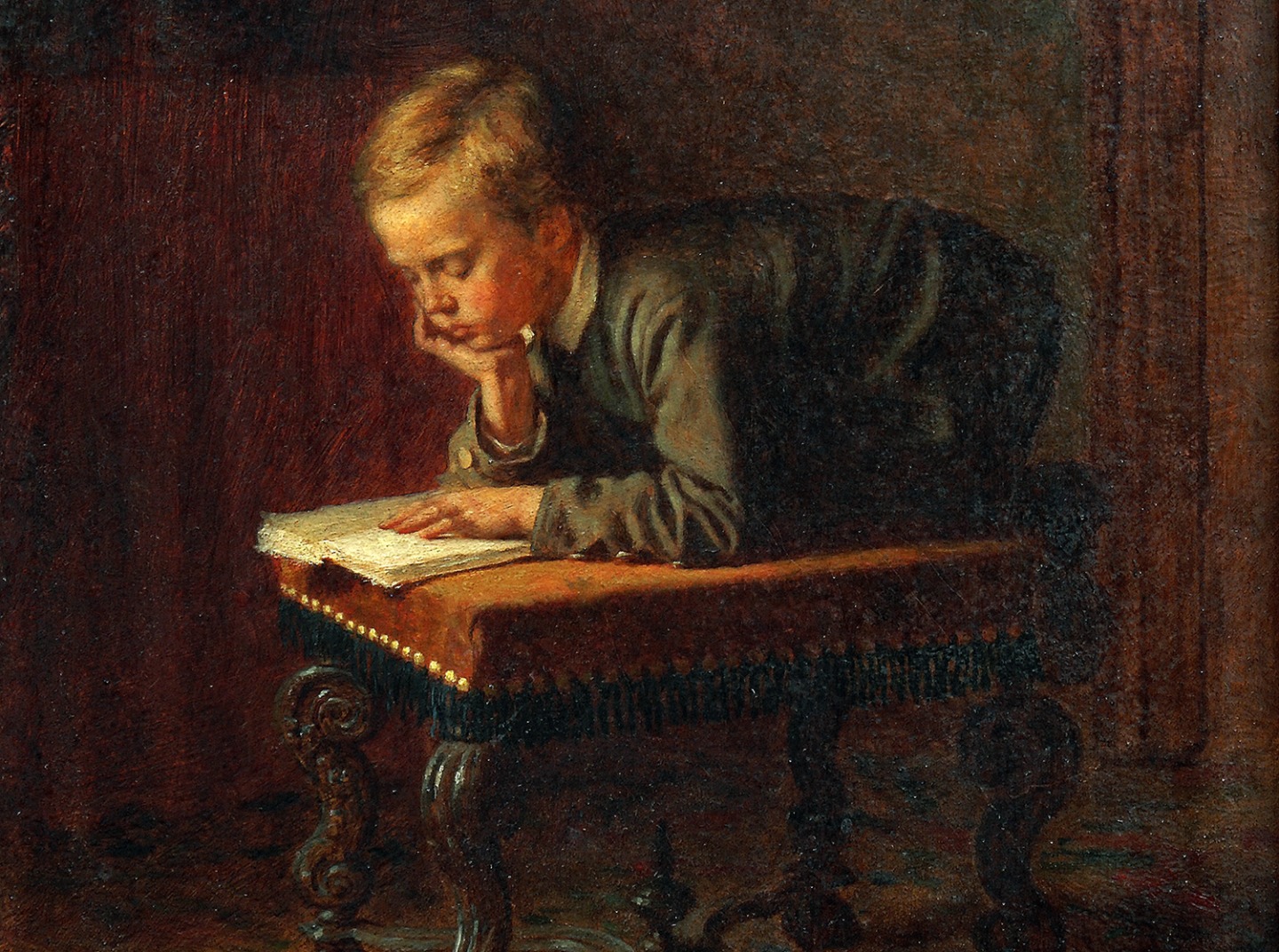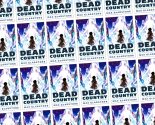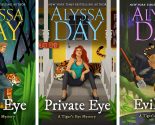
There’s really nothing wrong with the way you read
If you have a very repetitive and broken clock, it’s like clockwork: every now and then, on one social platform or another, an argument breaks out about what counts as reading. Long ago, people occasionally debated whether or not e-books were real books—a fruitless discourse that seems almost laughable now. (Someone, somewhere, is probably still arguing about this. Let’s ignore them.)
What keeps coming up are audiobooks, a broken clock chiming dissonantly. Hidden here is a semantic debate about reading versus listening, but this is picking on a boring little question. Audiobooks count as reading. Listening to audiobooks is no better or worse than reading books on paper or on screen. You’re still living the same story, just in a different form.
There is no right or wrong way to read. For every reader, there are things that work and things that don’t. Sometimes that means speed reading; sometimes it means savoring every word. Sometimes it takes months to finish a book. Sometimes the right way to read a book is to put it down completely and come back to it later.
So why does this debate keep happening? The reasons are many and include traditionalism, physicalism, petty arguments, and people feeling defensive about their reading choices. But maybe it’s also a little more personal than that.
Of course, some of this is just on the internet, where we argue about everything. Books are online, so we argue about them, but books are still books, so arguments can feel concrete. Reading is a solitary activity, seemingly the opposite of the internet: a quiet place with a central narrative. (To be fair, the two probably clash too much.)
And yet, we’ve created a million ways to bring these things together, from Goodreads to BookTok and everything before and after. Some of the inevitable conflicts are the same ones that play out in all areas of the internet: strong opinions get more attention and focus than moderate ones, so everything becomes love or hate, for better or worse, transformative or destructive. No matter how much we love nuance in fiction, it often gets thrown out the window.
Reading is not just about solitude; it’s deeply personal. No two people read a book in exactly the same way—not physically, not where they are, how fast, how old they are, nor emotionally. No matter how much we talk about books online, our experiences with them are our own.
This deep and intimate connection—the very kind that makes books such a big part of our lives—can be very strange to see working in different ways for different people. Some books I don’t talk much about because I can’t handle the negative perception of them. I need to take them to heart and make them mine in my own way. For some books, I grit my teeth and say the critical things I want to say because I know they are gold to other people.
At times, you may feel that someone else’s experience of a book conflicts with your own. It’s like one of you is doing something wrong. You are not: there is nothing wrong. But once that feeling happens, we run into debates and gatekeepers, people trying to draw boundaries about how a book should be read, by whom, in what format, under what circumstances, and of course, how other people should read it. Appreciate it properly. Sometimes people do this in order to create a small garden and have books in a specific, perfect way. It means comfort and comfort to them. But that garden still has a gate.
The debate over whether audiobooks are “worthy” stems from the fact that people feel protective and defensive about how they spend their time and define themselves as “readers.” While reading a print book, you can’t do much else—well, maybe listen to music, depending on how you’re connected. But you can listen to audiobooks while driving, doing dishes, exercising, crafting, showering, and probably a lot of other things I’ve never considered. For certain types of book lovers, it’s not pure reading, and they reject it.
But reading is not pure. Reading is constructed of trees, dirt, ink, and context, feelings and thoughts, and the whole of your head colliding with the select things in the author’s head while writing the book you’re reading. This is cross-pollination. It’s chocolate in peanut butter. And, most importantly, this has nothing to do with the book itself. It has nothing to do with the CD we use to listen to the audiobook or the screen you’re reading it on. It’s about thoughts, words, and thoughts that swirl impurely from person to person.
Book purists, like many types of purists, should be allowed to treat books the way they like. They just shouldn’t be allowed to impose those ideas on the rest of us, who are not book purists, but simply readers. If you’re not a purist, you can take advantage of the many forms of reading available to you, including audiobooks, print books, e-books, and more. Reading should be a personal and intimate activity, tailored to your individual preferences and needs.







Tagged book lovers, community, finding readers, neglected books, online